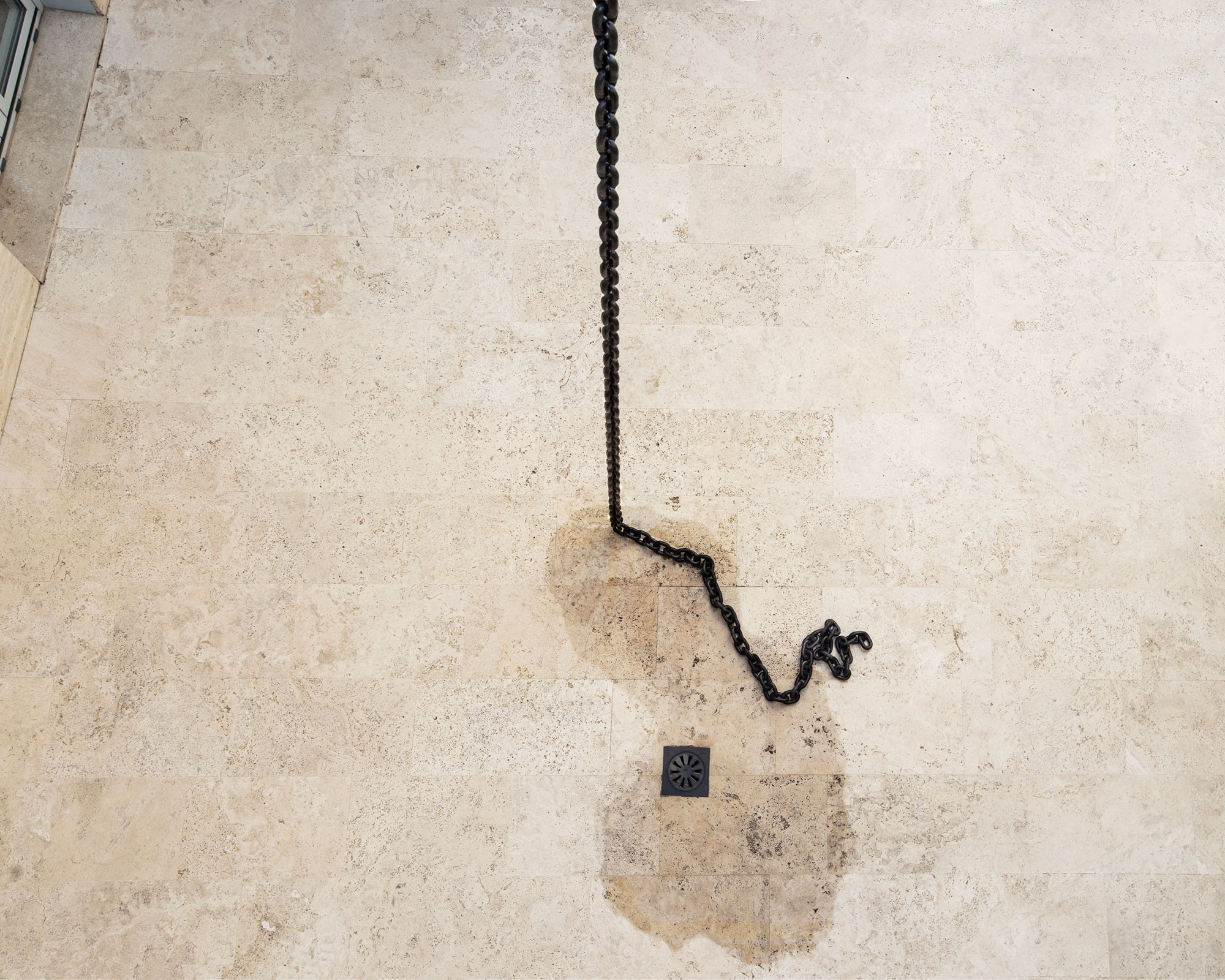Acqua Roma
H10:00
Entrance: Via Liguria 20
Introduction
Programme
H10:00
Entrance: Via Liguria 20
Acqua Roma – Nourisher of Life and Bearer of Meaning
Water is a precious good. Already the ancient Romans were well aware of this fact, as they made huge investments in labour-intensive and complex infrastructures to replenish their cities with fresh water. The immensely water-consuming baths, then, belonged as much to Roman culture as the carefully staged simulations of naval battles in ancient arenas. In their hands, water became an instrument of power demonstrating to citizens and non-citizens alike Rome’s dominant role in the world and, more generally, civilization’s triumph over nature.
Thus, water has many qualities and serves many purposes. It has no unidimensional, straightforward meaning but is hugely complex in its significance for our understanding of present and past societies. Water can be described in terms of its physical properties, that is, measured, analysed and qualified by scientific methods. But it has also a symbolic dimension that points to its deep embeddedness in human culture. Water has been made the subject of current debates about climate change and the global distribution of natural resources, while present-day research focuses on how communities can be protected from cataclysmic events, how water movement can be transformed into green energy, and how agriculture can make best use of available water reserves. At the same time, water’s key role in sustaining life is equally reflected in philosophy, literature, and religion where it often appears as symbol of origin and purity, indicating among other things transformation, profundity and the unconscious.
The Istituto Svizzero invites to a reflection about water, focusing on its cultural and scientific significance and the challenges that we face as a society in our use of natural resources.
The event articulates itself in two parts: a scientific conference approaching the topic from different angles is complemented with a water treatment system (washing machine and biological filter) – designed and constructed by the Zurich University of Applied Sciences (ZHAW) – that provides insight into the process of turning grey water into quality-controlled water.
The system is completed by the fountain-like sculpture Coda (a fountain for a filter) by Kilian Rüthemann for the project by Mira Bleuler and Tumasch Clalüna. It guides the clarified water through a simple structure known from brutalist architecture to make way for it to find its own path to the drainage again opening the possibilities for pioneering plants to start growing before it disappears. The installation questions the staging of water in the city of Rome creating a fragile equilibrium between control and laisser-faire.
The installation will be on view in the courtyard of the Dipendenza.
In collaboration with the Zurich University of Applied Sciences.

Programme
15.10.2019 – Day 1
Introduction
H10:00 Adrian Brändli (Istituto Svizzero)
H10:20 Mira Bleuler (Zurich University of Applied Sciences) and Tumasch Clalüna (Artist), Water Management Project for the Istituto Svizzero
Message from the UN
H10:40 William Reidhead (UN Water), Water and Sanitation
H11:00 Break
Commodity and Force of Nature (moderated by Luca Zevi, Tevereterno Onlus)
H11:30 Gilbert Wiplinger (Frontinus-Gesellschaft), Roman Aqueducts
H11:50 Giulia Giovanetti (Ministero dei Beni e delle attività culturali e per il turismo), Terme e balnea nella Roma antica
H12:10 Christian Rohr (University of Bern), The severe flood of 1868 in southeast Switzerland and northern Italy – a turning point in water management and prevention policies?
H12:30 Discussion
H13:00 Break
The Sacrality of Water (moderated by Angela Ambrogetti, ACI Stampa)
H15:00 Ueli Zahnd (University of Geneva), Disenchanted Water – Ecological Effects of the Reformation?
H15:20 Adam Jasper (ETH Zurich), The Management of Holy Waters in Bali
H15:40 Discussion
H16:00 Break
Water cycle and Food Security (moderated by Paola Bolaffio, Giornalisti Nell’Erba)
H16:30 Maurice Borgeaud (ESA Earth Observation), The use of satellite data for monitoring climate change and its impact of Earth water cycle
H16:50 Gregory Eve (greenApes), Reducing the water footprint of our diet: incentives, social engagement and behaviour change
H17:10 Discussion
16.10.2019 – Day 2
The Power of Ideas (moderated by Angela Ambrogetti, ACI Stampa)
H10:00 Claus Beisbart (University of Bern), Philosophical Ideas of Water
H10:20 Wolfgang Struck (University of Erfurt), A Watery Planet – Globalisation and the Oceans
H10:40 Discussion
H11:00 Break
H11:30 Tumasch Clalüna (Artist), Performance
H12:30 Break
Social and Economic Good (moderated by Giorgia Burzachechi, Giornalisti Nell’Erba)
H15:00 Marcello Di Paola (LUISS Rome), Water, Climate and Plants
H15:20 Antonio Massarutto (University of Udine), Water scarcity and water conflicts: an economic perspective
H15:40 Discussion
H16.00 Break
Sustainable Waters (moderated by Giorgia Burzachechi, Giornalisti Nell’Erba)
H16:30 Fabio Di Carlo (University of Rome La Sapienza), Forme dell’Acqua: Dalle ‘chiare e fresche dolci acque’ alle Water Cities
H16:50 Flavia Caviezel (University of Applied Sciences and Arts Northwestern Switzerland), In Flux – Approaching Water Ecologies with Artistic-Scientific Practice
H17:10 Luca Zevi (Tevereterno Onlus), Tevereterno: un progetto multidisciplinare per celebrare il Tevere
H17:30 Discussion
Kilian Rüthemann, 'Coda (a fountain for a filter)', 2019